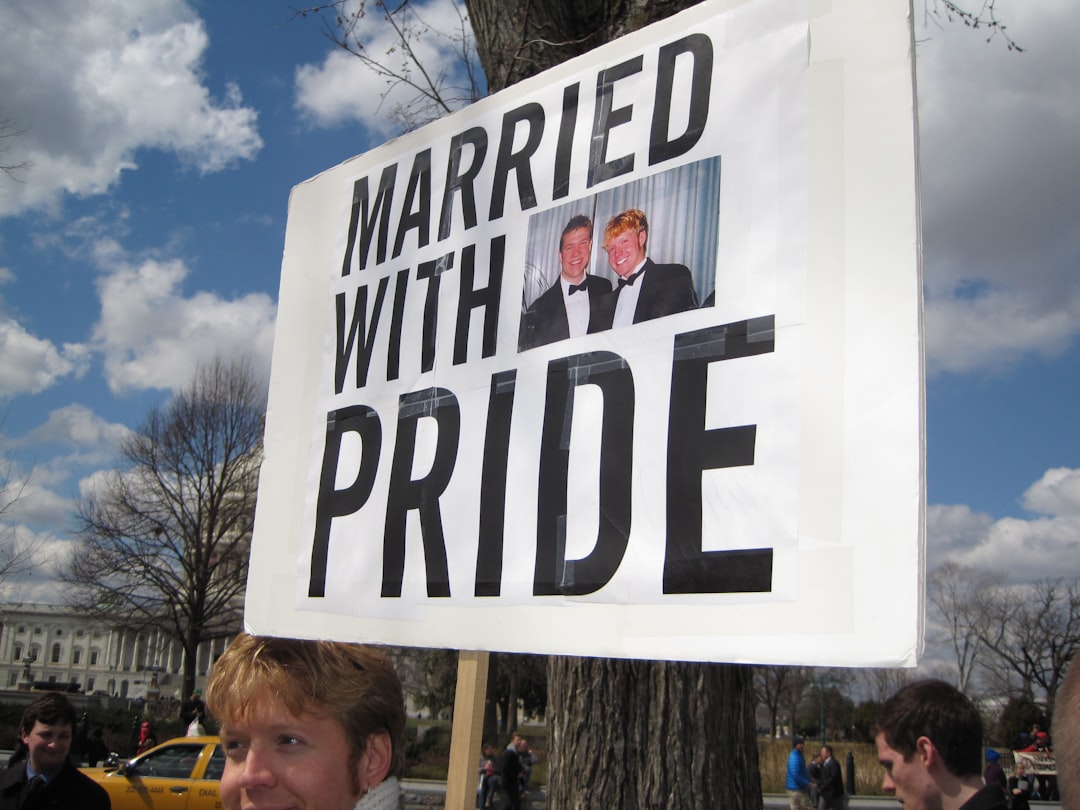Despite the billions of dollars now being spent on content, many schools have a big problem – Invisible experts. Faculty remain one of the most valuable assets for building market visibility and brand reputation. Yet surprisingly, most schools struggle to develop a strategic presence for their expert content beyond blogs and simple text based biographies and boring head shots. In this age of multimedia and social content, it’s a fact that visitors will go elsewhere if you haven’t created an engaging presence for your expert content.
The costs of invisible experts
- Missed Media Inquiries: Print and broadcast media go elsewhere if you haven’t made it easy for journalists to find, evaluate and contact your experts.
- Less Engaged Visitors: Lack of multimedia content means visitors won’t spend as much time on your website and will feel less compelled to respond to your calls to action.
- Poor Discoverability in Search Engines: Google is a starting point for most audiences, so not appearing in the first few pages means lost opportunity for engagement and brand recognition.
- Poor Research Recognition: In academia, the lack of details on faculty research means missed licensing revenues, government grants and less opportunities for research collaborations.
- Faculty Engagement: Faculty want to see an online presence that professionally recognizes their work and builds their reputation.
- Lost Talent: Faculty prospects want to see how you represent your best people. Publishing professional, engaging expert content helps you recruit and retain the best talent through proper recognition of their contributions.
So How Does YOUR Organization Score?
Based on our research working with thousands of experts, Fortune 500 clients and leading higher education and healthcare institutions we looked at all the best practices in working with expert content. Then we created a quick diagnostic tool called Audience Engagement Score (AES) that is a simple way to assess how your organization is performing in 5 key areas. AES gives you a score based on a simple 100 point scale. If you are scoring below 70% there is certainly more you could be doing to create an engaging online presence for your experts.
Until now, there hasn’t been an industry benchmark by which an institution can effectively measure how well they are promoting their expertise online.
Here are the 5 key areas we assess:
Discoverability
- Can audiences quickly search your website for your faculty experts and their content by topics, keywords and names?
- Are you missing important leads because your faculty content isn’t ranking high enough in Google search results?
Credibility
- Can visitors quickly review detailed biographies and overviews of your experts related to their areas of research?
- Can past speaking engagements and featured interviews, articles and publications be easily referenced?
Engagement
- Do you have up-to-date content such as videos, photos, publications and social media feeds available for journalists to review prior to booking media interviews?
- Are you creating news alerts for breaking or popular topics to make them more interesting to prospective clients and journalists?
Responsiveness
- Have you made it easy for audiences to reach you and your faculty experts within seconds at the moment you have their interest? Or are they going to other schools?
Mobility
- Is your content well designed for a growing base of mobile phone and tablet users?
Remember the experts that walk the halls in your organization are your greatest asset. Would you like to know how your organization scores? If you have 30 seconds, click here and we’ll put together a customized, report for you including helpful industry benchmarks. Send us the website address you’d like us to review and we’ll do the rest.
Get YOUR Free AES Report





